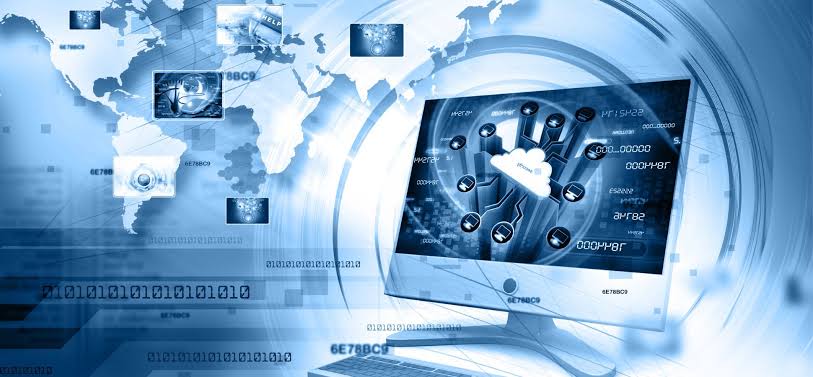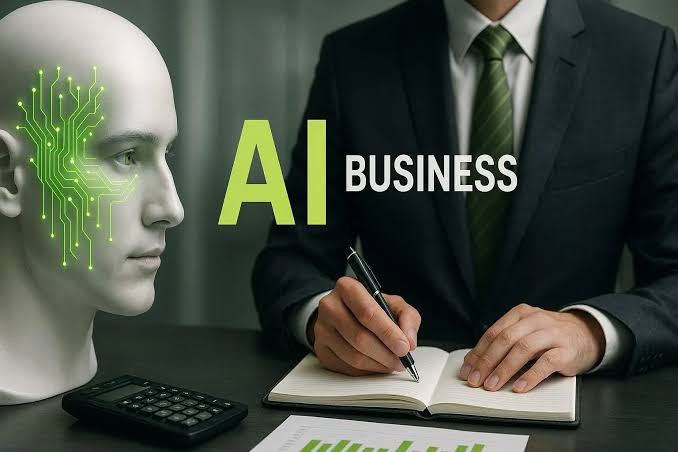Technology continues to evolve at an astonishing pace, transforming how we live, work, and interact with the world. From artificial intelligence to space exploration, innovations are shaping a future that promises to be more connected, efficient, and intelligent than ever before. Understanding these emerging technologies is not just useful for businesses but also essential for individuals who want to stay ahead in a rapidly changing world.
Artificial Intelligence and Machine Learning
Artificial intelligence remains at the forefront of technological advancement. Machine learning algorithms are becoming more sophisticated, enabling computers to analyze data, recognize patterns, and make decisions with minimal human intervention. In 2025 and beyond, we can expect AI to move beyond predictive analytics into areas such as real-time decision-making, autonomous systems, and personalized digital experiences.
AI is also transforming industries such as healthcare, finance, and education. From diagnosing diseases with higher accuracy to creating personalized learning tools, the applications are endless. Businesses are investing heavily in AI to streamline operations, enhance customer service, and improve overall efficiency.
Quantum Computing
Quantum computing is another breakthrough technology set to reshape industries in the coming years. Unlike classical computers that process information using bits, quantum computers use qubits, allowing them to perform complex calculations at unprecedented speeds.
This innovation holds the potential to revolutionize cryptography, scientific research, drug discovery, and financial modeling. Although still in its early stages, advancements in quantum hardware and software are moving steadily, with global tech giants investing in research. As quantum computing becomes more accessible, businesses will gain powerful tools to solve problems that are currently impossible for traditional computers.
Extended Reality and the Metaverse
Extended reality, which includes augmented reality (AR), virtual reality (VR), and mixed reality, is gaining momentum as both consumers and businesses explore immersive digital environments. The rise of the metaverse, a shared virtual space where people can interact, work, and play, is creating new opportunities for entertainment, education, and collaboration.
In the near future, AR could enhance how we shop by overlaying digital information on real-world objects, while VR could transform remote work into fully immersive virtual offices. These technologies are also expected to revolutionize industries like real estate, tourism, and training programs, offering richer experiences than ever before.
5G and Beyond
The rollout of 5G networks has already begun changing the digital landscape, enabling faster internet speeds, lower latency, and greater connectivity. However, the real transformation will come as 5G becomes more widespread and accessible.
For businesses, this means enhanced capabilities for Internet of Things (IoT) devices, seamless video communication, and real-time data sharing. For consumers, it means faster downloads, improved gaming experiences, and better access to high-definition content. Looking further ahead, discussions about 6G are already underway, promising even greater connectivity that could redefine communication and smart city infrastructure.
Biotechnology and Health Tech
Advancements in biotechnology are making healthcare more personalized and precise. With innovations such as gene editing, wearable health devices, and AI-powered diagnostics, the future of medicine looks promising. Personalized treatment plans, early disease detection, and remote patient monitoring are becoming more common.
Wearables that track real-time health metrics are now integrating with AI systems to provide predictive insights, enabling individuals to take preventive actions before serious health issues arise. Telemedicine, which grew significantly during the pandemic, is evolving into a permanent and more sophisticated healthcare solution worldwide.
Green Tech and Sustainable Innovations
As climate change becomes an urgent global issue, technology is playing a key role in building a sustainable future. Green technology focuses on innovations that reduce environmental impact, such as renewable energy solutions, carbon capture systems, and smart grids.
Electric vehicles, solar energy, and energy-efficient buildings are just the beginning. The next wave includes advancements in hydrogen power, biodegradable materials, and smart agriculture solutions designed to reduce waste and improve food security. Businesses and governments are increasingly investing in sustainability-focused technologies to balance growth with environmental responsibility.
Robotics and Automation
Automation is transforming industries by reducing manual work and increasing efficiency. Robotics is no longer limited to manufacturing lines but is spreading into healthcare, agriculture, logistics, and even home environments.
Future robots will be more intelligent, capable of performing complex tasks such as precision surgeries, advanced farming, and autonomous delivery services. For small and large businesses alike, robotics will enhance productivity and reduce operational costs, creating a new wave of workplace transformation.
Space Technology and Exploration
The space industry is no longer the domain of governments alone. Private companies are playing an active role in pushing the boundaries of space exploration. With advancements in reusable rockets, satellite technology, and lunar exploration, space innovation is opening new frontiers for communication, research, and even potential human settlements on other planets.
Satellite constellations are already improving global internet access, while exploration missions are providing insights into planetary resources. In the near future, space mining and interplanetary travel may become a reality, further expanding the scope of human progress.
Cybersecurity Evolution
As technology advances, so do cyber threats. The future of cybersecurity lies in smarter, AI-driven defense systems capable of detecting and responding to attacks in real time. With the growth of IoT devices and cloud computing, businesses need robust security systems to protect sensitive data.
New innovations such as zero-trust frameworks, biometric authentication, and quantum encryption are set to become standard practices in digital security. Small and large businesses alike must adapt to these changes to safeguard their operations.
Conclusion
The future of technology is filled with opportunities that promise to reshape how we live and work. From artificial intelligence and quantum computing to biotechnology and sustainable innovations, each advancement is contributing to a more connected and intelligent world.
For businesses, staying ahead means embracing these changes and preparing for the transformations they will bring. For individuals, it means adapting to new tools and systems that will define everyday life. As these technologies continue to develop, the future holds exciting possibilities that will continue to redefine human potential.



